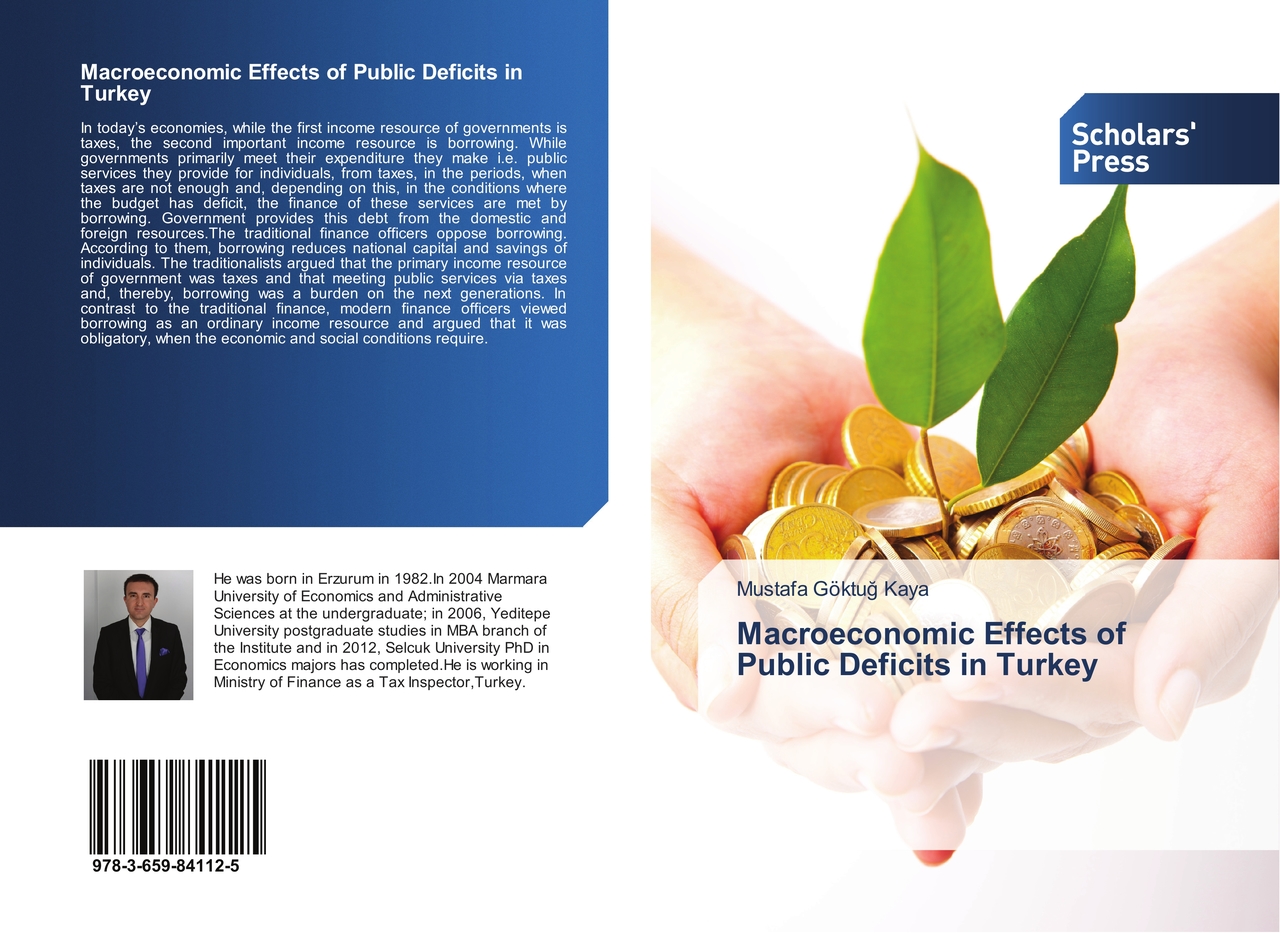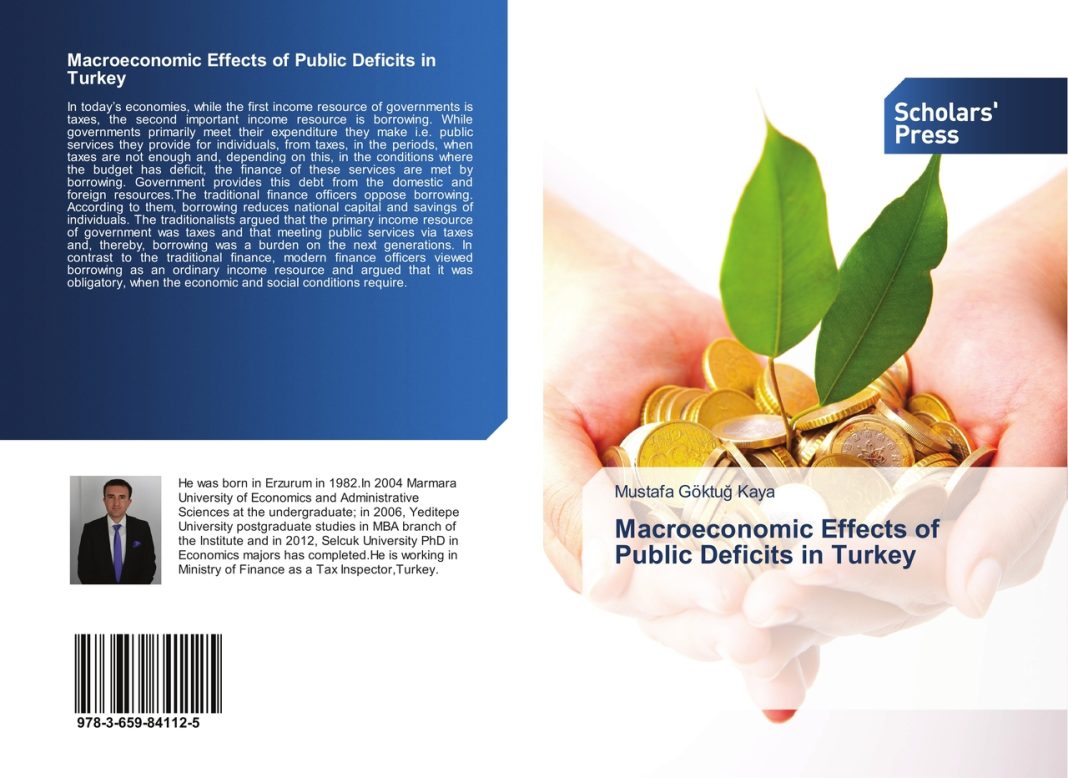 Federal Treasurer Jim Chalmers presented the Labor government’s budget plan, highlighting its focus on the present and the future. While Australians may experience short-term benefits with upcoming payments, the long-term forecast is concerning. Chalmers emphasized the accomplishment of achieving the first surplus in 15 years, but the budget predicts deficits for the next four years, starting from 2024/25. The deficit is expected to be $28.3 billion in 2024/25, increasing to $42.8 billion in 2025/26, before gradually declining. Over the next five years, the government is projected to spend $215 billion more than it earns.
Federal Treasurer Jim Chalmers presented the Labor government’s budget plan, highlighting its focus on the present and the future. While Australians may experience short-term benefits with upcoming payments, the long-term forecast is concerning. Chalmers emphasized the accomplishment of achieving the first surplus in 15 years, but the budget predicts deficits for the next four years, starting from 2024/25. The deficit is expected to be $28.3 billion in 2024/25, increasing to $42.8 billion in 2025/26, before gradually declining. Over the next five years, the government is projected to spend $215 billion more than it earns.
To address the shortfall, the government issues securities known as Gross Debt. Currently valued at $904 billion, Gross Debt is expected to rise to $1.007 trillion by next year, eventually reaching $1.11 trillion in 2027/28. This substantial increase in debt reflects the government’s challenge in balancing expenditures and revenues.
Despite claims of strong economic management, the budget reveals an increase in total federal government spending. Treasury estimates show that spending has risen from $710 billion to $727 billion in just six months. This $17 billion increase includes new decisions announced on Budget night. Notable allocations include up to $3 billion for cheaper medicines and a freeze on prescription costs for the next two years, ensuring no one pays more than $31 per item. Homeowners will receive a $300 energy rebate, with a slightly higher payment for small businesses, costing a total of $3.5 billion. Additionally, Commonwealth Rent Assistance will increase by 10 percent, and $1.1 billion will be allocated for superannuation on government-funded parental leave. The budget also includes measures to reduce student debt by $3 billion through various means.
Tax cuts have already been anticipated prior to the budget announcement. Starting from July 1, all taxpayers will retain an additional $1,888 of their earnings annually, equivalent to $36 per week. These measures aim to address cost-of-living concerns and amount to a total of $7.8 billion.
While the government introduces measures to alleviate financial burdens, it also plans to strengthen tax enforcement. The budget includes provisions to generate $3.1 billion over five years by enhancing the fairness and sustainability of the tax system. This includes additional funding for the Australian Taxation Office to combat fraud and address domestic and multinational tax avoidance.
The government justifies its increased spending by stating that $15.4 billion is necessary to maintain essential services and prevent cuts that Australians rely on. This funding will support Services Australia, stabilize claim processing performance, enhance safety, and continue emergency response capabilities. Additionally, it will cater to existing projects in the Infrastructure Investment Program and extend terminating health programs. The COVID-19 response will also be sustained.
Overall, the Labor government’s budget plan reveals a significant deficit in the coming years, necessitating a rise in Gross Debt. While measures have been introduced to alleviate cost-of-living concerns and strengthen tax enforcement, questions remain about the long-term sustainability and impact of these decisions. Balancing economic growth, reducing debt, and ensuring essential services remain funded will be key challenges for the government moving forward.


